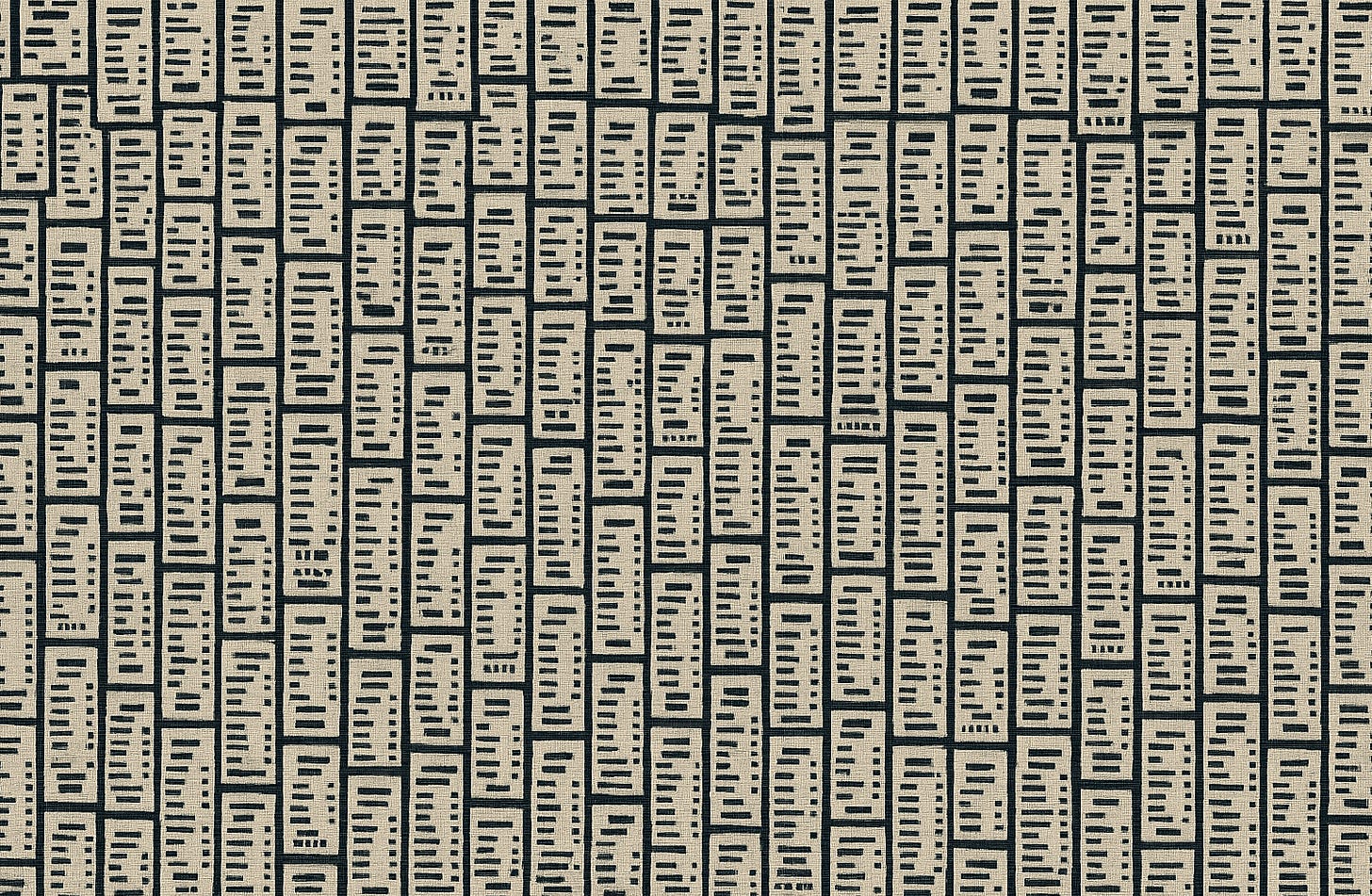🧾 AI Receipts and the End of Trust
AI's Legal and Ethical Challenges | Edition #186
Hi, Luiza Jarovsky here. Welcome to our 186th edition, read by 57,200+ subscribers. It's great to have you here! Paid subscribers have full access to my timely analyses of AI's legal and ethical challenges. Don’t miss out!
For more: AI Governance Training | AI Book Club | Live Talks | Job Board
🧾 AI Receipts and the End of Trust
Open AI's upgraded AI image generator isn't only for creating controversial Ghibli-style images and supporting OpenAI's efforts to collect more personal data.
Because it can accurately insert user-generated text into images and follow a sequence of prompts while preserving continuity, people have started creating fake receipts with it.
Here's an example I created myself with a few prompts, showing an AI-generated fake restaurant bill:
With additional prompts, I could make it even more realistic. It would look like a typical photo taken to request a reimbursement.
Today, many online processes require people to send a picture of a document, receipt, or bill. Examples:
1. Identification
Banks and online payment services often request a government-issued ID, proof of address, or a selfie with an ID to prevent impersonation.
2. Employee Reimbursement
Employers, expense management apps, and insurance companies often request a picture of a receipt or invoice as proof of the expense.
3. Rental Applications
Landlords or real estate applications often request bank statements or utility bills for address confirmation and as proof of financial status.
4. Customer Service
E-commerce websites or stores often request a photo of the damaged item and a photo of the receipt to approve a reimbursement or return.
And so on.
OpenAI's and similar advanced AI image generators make it extremely easy, cheap, and accessible to create fake evidence.
Anyone with bad intentions will be able to create them in a matter of minutes and at almost zero cost, increasing the incentives for malicious parties to expand and upgrade the quality of their scams.
Practical Consequences
The easy and cheap access to AI tools that enable document forgeries and other types of highly realistic falsifications will have broad social impact:
Keep reading with a 7-day free trial
Subscribe to Luiza's Newsletter to keep reading this post and get 7 days of free access to the full post archives.




